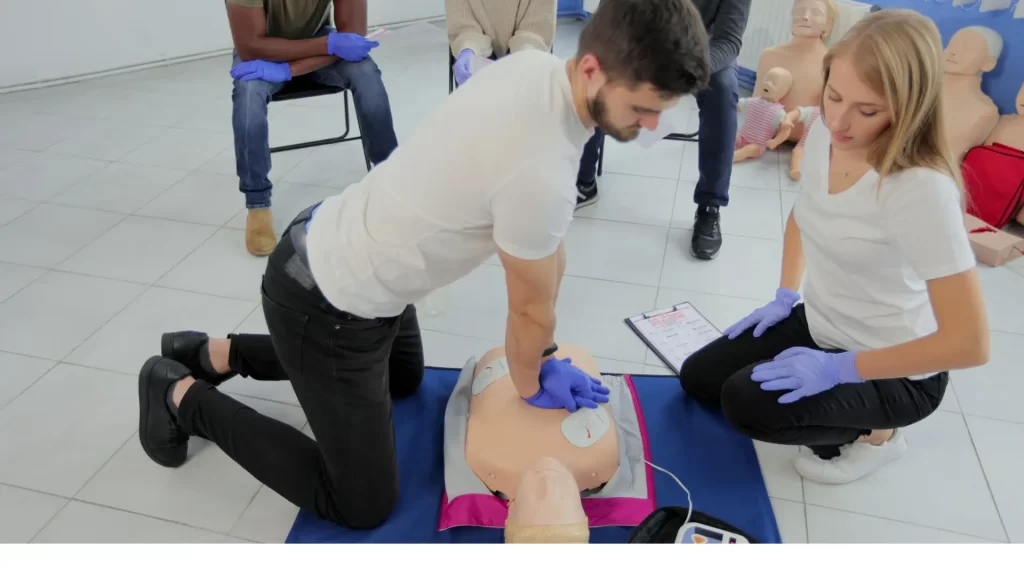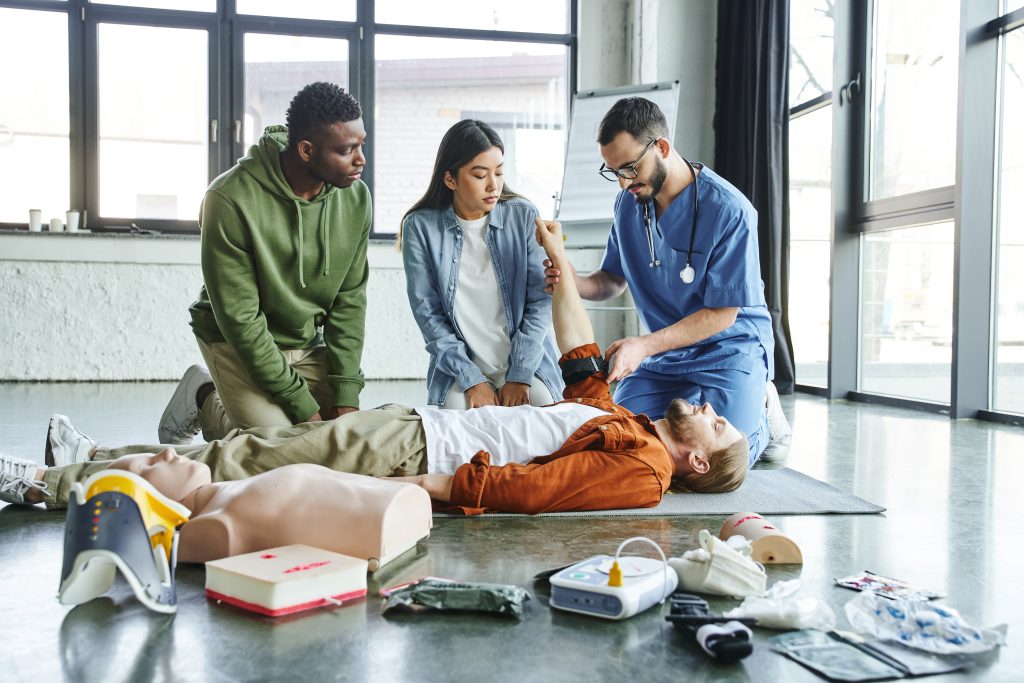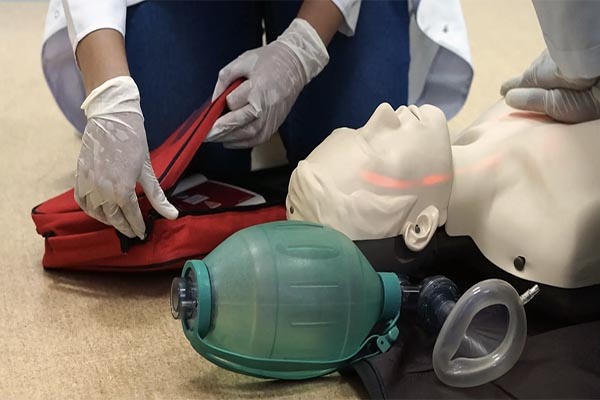
In the world of physical therapy, the focus is often on healing, rehabilitation, and helping patients regain strength and mobility. But what happens when a patient suddenly collapses in the middle of a session? What if a cardiac emergency unfolds right in the clinic? These are real possibilities, and it’s in these moments that CPR certification becomes not just valuable, but potentially life-saving.
As a physical therapist, you already work closely with patients dealing with pain, injuries, and chronic conditions. But emergency preparedness often takes a back seat in clinical settings not traditionally associated with acute care. This is a dangerous oversight. In this post, we’ll explore why CPR certification is essential for physical therapists, how it enhances patient safety, and how you can get certified through CPR Classes Near Me.
Physical therapy environments are not immune to emergencies. Whether you’re working in a hospital, rehab center, or private clinic, your patients may have underlying health issues that could lead to sudden complications. Cardiac arrest, for example, doesn’t discriminate by location, it can strike at any time. Having the skills to respond immediately could save a life.
Many physical therapy patients are elderly, post-operative, or recovering from serious conditions such as strokes or heart attacks. These individuals are at a higher risk for cardiac or respiratory issues. Being CPR certified ensures you’re prepared to step in confidently when every second counts.
Patients trust you with their recovery. Being CPR certified only strengthens that trust. It demonstrates that you’re not only invested in helping them improve their physical abilities but also committed to their safety. In an emergency, you’ll be the first responder, and your training can help stabilize the patient until paramedics arrive.
As a physical therapist, you already have a strong understanding of anatomy, physiology, and clinical care. CPR certification builds on that foundation by adding life-saving protocols that integrate seamlessly with your existing knowledge. It enhances your confidence and preparedness in clinical practice.
Employers highly value CPR certification, especially in healthcare settings. In some states, it’s even a licensure requirement for physical therapists. Being certified can also reduce liability in emergency situations, as it demonstrates you’ve taken proactive steps to prepare for such events. From a hiring perspective, CPR certification sets you apart from other candidates.

Let’s look at a few examples where being CPR certified can make all the difference:
In each of these cases, a CPR-certified physical therapist plays a critical role in bridging the gap between incident and professional medical intervention.
CPR certification doesn’t take weeks of study. Many courses can be completed in a few hours, either in-person or in a blended format (online + hands-on practice). Topics typically include:
The certification is valid for two years and can be easily renewed with a recertification course. The peace of mind it brings, for you and your patients, is invaluable.

At CPR Classes Near Me, we specialize in training healthcare professionals like physical therapists to respond effectively in emergencies. Our courses are:
Whether you’re getting certified for the first time or renewing your credentials, our team will make the process smooth and informative. You’ll leave with more than a certificate—you’ll leave with confidence.
As a physical therapist, you already play a vital role in your patients’ healing journey. But emergencies can and do happen, and when they do, CPR certification equips you with the tools to protect the lives entrusted to your care.
Don’t wait for a crisis to find out what you could have done. Take the proactive step. Invest in yourself. Invest in your patients’ safety.
Get CPR certified today with CPR Classes Near Me. Your future self, and your patients, will thank you.
Contact CPR Classes Near Me today to find a class near you and take the next step in becoming an emergency-ready healthcare provider.
Our primary goal is to ensure that you receive a top-quality CPR/First Aid certification. With our in-person training in Austin, you can learn CPR and BLS in just one class. Your presence is all that’s needed to continue with your lesson! During your session, you will complete all the live-training components necessary to ensure you receive your AHA Healthcare Provider certification card.
Our CPR Classes in Austin are discounted to $59.95 (saving you $20), and our CPR + First Aid Class is offered at $79.95 (also saving you $20). When looking for CPR Classes, ensure to check for the American Heart Association seal. Other sites might seem cheaper but frequently lack the official training credentials demanded by employers.
Upon successful completion of the course, you will obtain a CPR certification that is valid for two years. The AHA CPR certification is recognized with the highest acceptance rate among employers nationwide.
Indeed! Enroll in any CPR Certification Austin BLS course to extend your certification for an additional two years. The in-person BLS course and the Renewal Class are identical.
Anyone capable of completing the course independently should consider pursuing CPR training and CPR Certification. There is no minimum age restriction for obtaining a CPR certification in Austin through the American Heart Association (AHA)..
CPR training needs to be carried out in person to guarantee its effectiveness. Our experienced instructors offer an engaging and dynamic learning experience. Typically, employers do not recognize CPR certifications that are obtained solely through online courses.
All authorized American Heart Association training centers are obligated to display the entire video. After a three-hour session with CPR Classes Near Me Austin, your BLS CPR eCard will be promptly issued by the instructor on the same day!